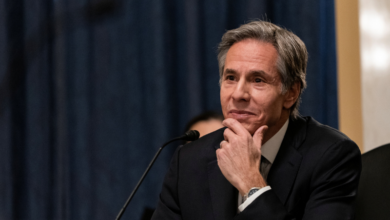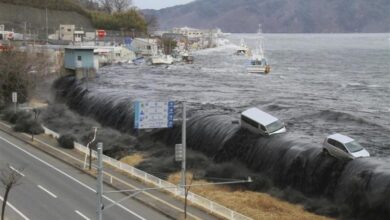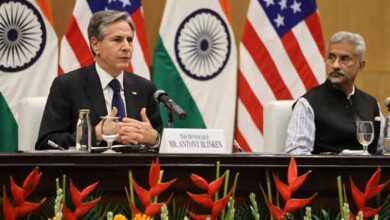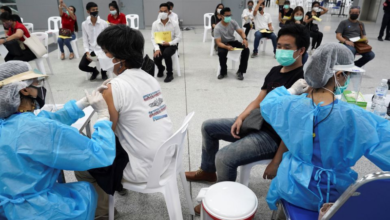Denmark cuts AstraZeneca vaccine altogether
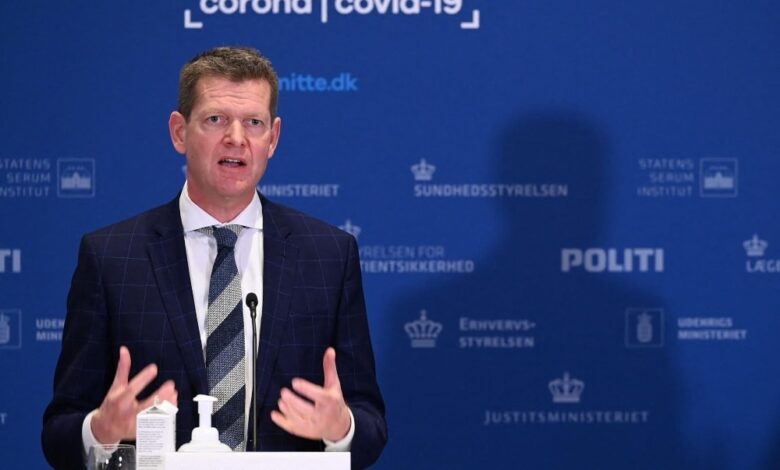
COPENHAGEN: Denmark on Wednesday announced it would stop using the AstraZeneca Covid-19 vaccine altogether, becoming the first European country to do so over suspected rare but serious side effects.
“Denmark’s vaccination campaign will go ahead without the AstraZeneca vaccine,” Danish Health Authority director Soren Brostrom told journalists, despite recommendations from the World Health Organisation and Europe’s medicines watchdog to keep using it.
“There is a potential cross-reaction between the vaccine and a low platelet count. We also know that there is a temporal connection. It occurs one week to ten days after the vaccination with AstraZeneca,” Brostrom said.
“The decision is contextual,” said Brostrom. “In Denmark, the majority of the population at risk has been vaccinated and the epidemic is under control.” Brostrom stressed that he shared the EMA’s assessment that the benefits of the vaccine outweigh the risks.
“I can well understand that other countries are using the vaccine,” he added.
Denmark’s health authority also said it “may re-introduce the vaccine at a later date if the situation changes”.
Denmark was the first country in Europe to suspend the use of AstraZeneca jab in its vaccination rollout, after reports of rare but serious cases of blood clots among those who had received the vaccine.
While more than a dozen countries followed suit, most have subsequently resumed its use after the European Medicines Agency (EMA), emphasised the benefits of the vaccine, judging it “safe and effective”.
Denmark however held off using the vaccine as it conducted investigations of its own, which concluded with Wednesday’s announcement that it was dropping its use — the first European country to do so.
It will instead continue its immunisation campaign using the Pfizer/BioNTech and Moderna vaccines.
South Africa in February excluded the vaccine in February over concerns about its effectiveness against the variant ravaging the country.
The United States, like Switzerland, has still not authorised the AstraZeneca drug, and Venezuela has refused to authorise it — citing its side effects.
In Denmark, two cases of thrombosis, one of them fatal, were linked to vaccinations after more than 140,000 people received the jab made by the Anglo-Swedish drugmaker.
According to a medical team at the National Hospital in Oslo in Norway, these atypical cases are due to “a powerful immune response” triggered by AstraZeneca’s vaccine.
In Denmark, a country of 5.8 million inhabitants, eight percent have been fully vaccinated against Covid-19 and 17 percent have received a first dose.
The suspension of the AstraZeneca jab will delay the country’s ambitious vaccine rollout plans, and those who have received a first dose of the AstraZeneca will be offered another vaccine.
The Nordic country also received the first doses of the Johnson & Johnson vaccine on Wednesday, but plans for a rollout have been halted pending a US investigation into the occurrence of blood clots.
The company immediately decided to delay the rollout of its single-dose vaccine in Europe, where it was the fourth vaccine to receive approval from the European Medicines Agency last month.
Denmark currently has a stockpile of some 200,000 doses of the AstraZeneca vaccine, which the health authority said will be kept in the “refrigerator” for the time being.



